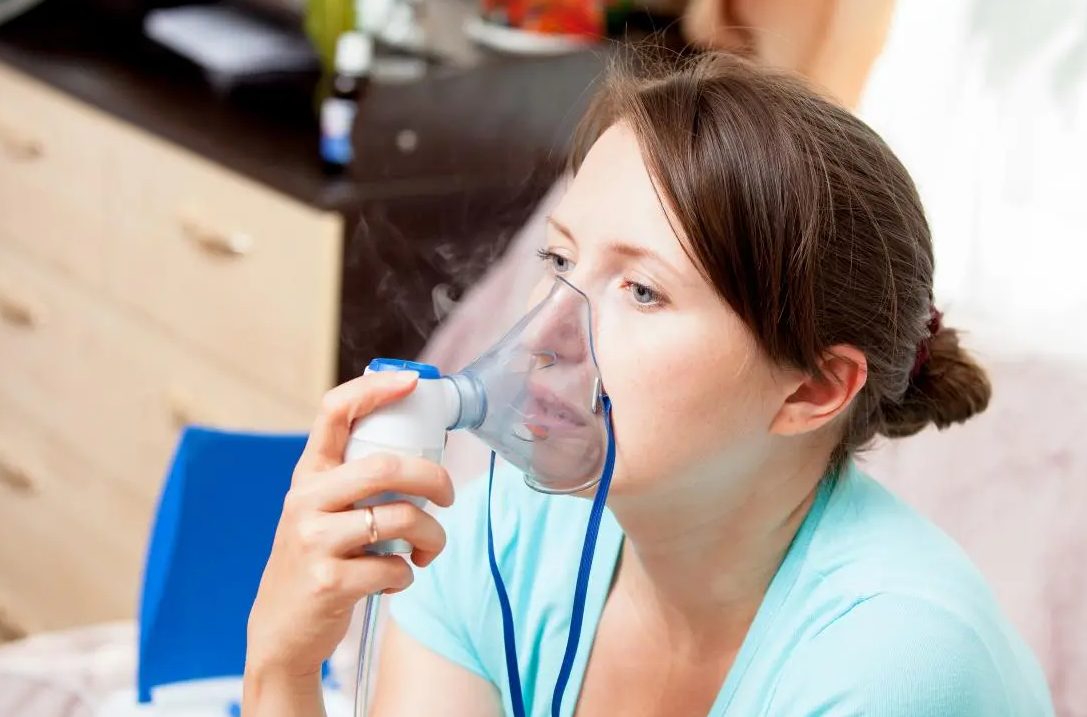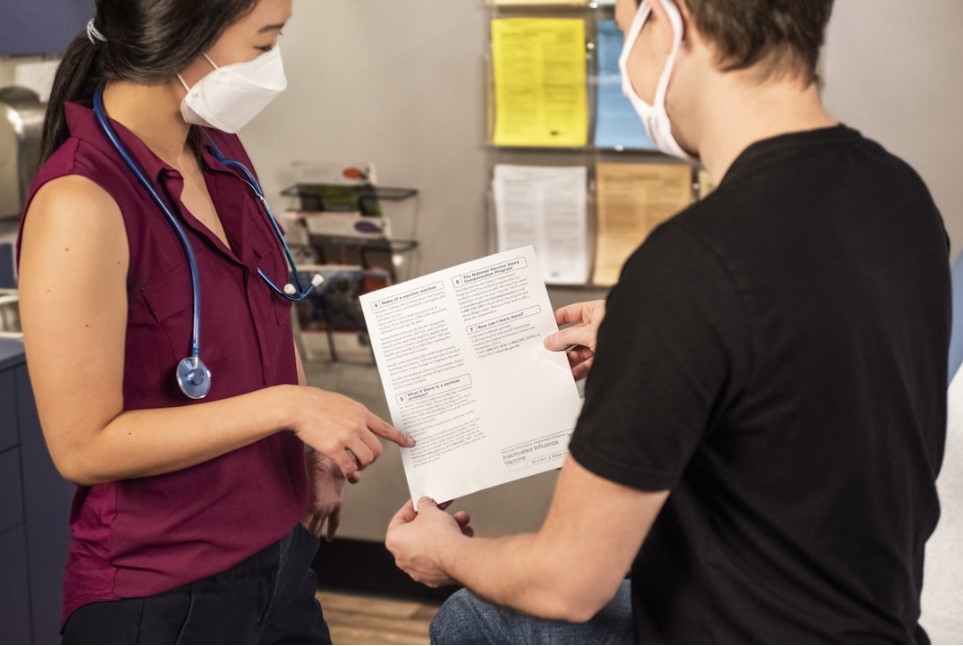As we go through life, our bodies change a lot, and it’s really important to stay on top of our health. Full body checkups are a big part of staying healthy because they cover all your health needs and can be adjusted based on your age. In this blog, we’ll talk about how full body checkups help us stay healthy as we get older by dealing with different health needs at each stage of life.
Understanding the Ageing Process
As we get older, our bodies go through a lot of changes because of damage that builds up in our cells and tissues over time. This makes us gradually lose strength, both physically and mentally and increases our health issues. These changes don’t happen at the same rate for everyone and aren’t directly linked to how old we are in years. While we can’t stop ageing, we can take steps to stay as healthy as possible along the way. So, you have to start your wellness journey as quickly as you can and take suggestions provided throughout this article to maintain your best self for as long as a person can.

The Role of Full Body Checkups in Different Life Stages
Every age group needs to prioritise different health parameters during checkups so the health screenings we should undergo depend on what stage of life we’re in. For example:
- For kids and teenagers, the main focus is on making sure they are developing properly – checking growth, vision, and hearing, and getting all their scheduled vaccinations.
- Once we become adults, screenings start looking more at risks for chronic diseases like heart disease, diabetes, and certain cancers. Doctors check blood pressure and cholesterol levels and screen for sexual health issues. Cancer screenings like mammograms and colonoscopies also become important.
- As we reach our senior years, the priorities shift again. At this stage, screenings focus on age‑related concerns like osteoporosis, memory/cognitive function, and cancers that are more common in older adults. Bone density tests, memory assessments, and prostate/breast/colon cancer screenings become routine.
So, at every phase of life, certain health checks are especially important based on our age and our bodies’ changing needs. Keeping up with the recommended screenings for your age group is key to catching any issues early.
Setting the Standard: Full Body Checkups in Early Adulthood
When you’re young and feeling invincible, you tend to ignore your health. However, having full body checkups in your 20s and 30s is important. It helps set a starting point for measuring your key health indicators. During these appointments, your doctor will check important things like your blood pressure, heart rate, breathing rate, temperature, height, and weight. Any unusual findings here might signal possible health problems. Here are the key tests/screenings and discussions that are a part of full body checkups for adults in their 20s and 30s:
- Vital Signs – Temperature, respiratory rate, heart rate, blood pressure, weight and height
- Blood Tests – Cholesterol levels, blood sugar, thyroid function tests, and other biomarkers
- Breast Exam (for women) – To check for lumps or abnormalities
- Testicular Exam (for men) – To check for lumps or abnormalities
- Pap Smear (for women) – To screen for cervical cancer
- HPV Vaccine Discussion – Recommendation for HPV vaccination if not already received
- Cancer Screening Guidance – Based on individual risk factors
- Lifestyle Review – Discussion on diet, exercise, alcohol/tobacco use, sexual health
- Family History Review – Review of inherited risk factors for future health issues
The main criteria for performing health checkups in your 20s and 30s is to get a clear picture of your health when you’re young. Your doctor wants to record your normal levels for parameters like cholesterol, blood pressure, and other vitals. That way, if those numbers start creeping up later in life, they’ll be able to compare them against what’s normal for you specifically.
Full Body Checkups and Chronic Condition Management in Middle Age
As we move into our 40s and 50s, the risk of certain chronic health conditions increases. Full body checkups during this stage of life focus on screening for and monitoring these age-related issues. These include:
- Screening for high blood pressure (hypertension): Blood pressure check is always done during full body checkups as high blood pressure often has no symptoms but, if left untreated, can lead to serious health issues like heart diseases and stroke.
- Screening for high cholesterol: Blood tests will be conducted to check your cholesterol levels. High cholesterol increases your risk of heart disease and other cardiovascular problems. Getting a lipoprotein panel, also known as a lipid profile, is recommended at this time to measure LDL (bad cholesterol) and HDL (good cholesterol) levels along with triglycerides in your blood. Abnormal levels may indicate a higher risk of coronary heart disease.
- Screening for diabetes: Blood sugar tests, such as fasting blood glucose and HbA1c can help identify diabetes or prediabetes.
- Screening for the liver: Liver function tests measure various enzymes, proteins, and substances in the blood to assess liver health. High levels of certain enzymes, such as ALT (alanine aminotransferase) and AST (aspartate aminotransferase), may indicate liver damage or disease. Abnormalities in liver function tests can signal conditions like fatty liver disease, hepatitis, or liver cirrhosis.
- Screening for the kidneys: Kidney function tests evaluate how well the kidneys are filtering waste products from the blood and maintaining electrolyte balance. Common kidney function tests include serum creatinine and blood urea nitrogen (BUN) levels. High creatinine and BUN levels may indicate impaired kidney function or kidney disease.
- Screening for certain cancers: Depending on your gender, family history, and other risk factors, your provider may recommend screening for cancers such as breast, cervical, prostate, or colorectal cancer. These screenings often include mammograms, Pap smears, prostate-specific antigen (PSA) tests, and colonoscopies.
- Monitoring Overall Health Markers: In addition to specific screenings, full body checkups involve monitoring overall health markers like weight, waist circumference, and body mass index (BMI). Changes in these measurements can indicate potential health concerns and are used to guide treatment plans.
If chronic health conditions are detected, your doctor will develop a treatment plan involving lifestyle changes, medications, or both. These comprehensive checkups allow consistent monitoring so your care can be adjusted to keep your health issues in check.
Senior Years: Preventive Care Through Full Body Checkups
From age 60 and beyond, full body checkups continue to play a vital role in promoting healthy ageing and preventing age-related complications. During these checkups, your doctor will likely recommend a series of routine screenings and assessments tailored to your age and health status. Along with regular physical examinations, a few of these screenings include:
- Colorectal Cancer Screening: A simple screening test, like a colonoscopy, for signs of bowel/colon cancer is recommended every 2 years starting at age 50.
- Cholesterol & Heart Disease Screening: Cholesterol levels and heart disease risk assessment every 5 years are recommended if your levels are normal. More frequent screening may be needed for high cholesterol, diabetes, and heart/kidney disease.
- Lung Cancer Screening: Current smokers and those who quit within the last 15 years should discuss lung cancer screening options with their doctor.
- Osteoporosis Screening: Individuals with risk factors like long-term steroid use, low weight, smoking, heavy alcohol use or family history should get screened for osteoporosis/bone density issues.
- Abdominal Aortic Aneurysm Screening: Former and current smokers, especially older men, may want to consider an ultrasound screening for abdominal aortic aneurysms – a bulge in the body’s main abdominal artery that is at risk of rupture.
Prioritising these age-appropriate preventive screenings and exams can help catch issues early when treatment is most effective.
Conclusion
In conclusion, getting full body checkups is super important throughout your life to stay healthy. Whether you’re young, middle-aged, or a senior, these checkups keep track of your health and make sure you’re doing okay. They’re like personalised health plans that adjust as you grow older, helping you catch any issues early and stay well. So, don’t forget to talk to your doctor and get those checkups regularly.








